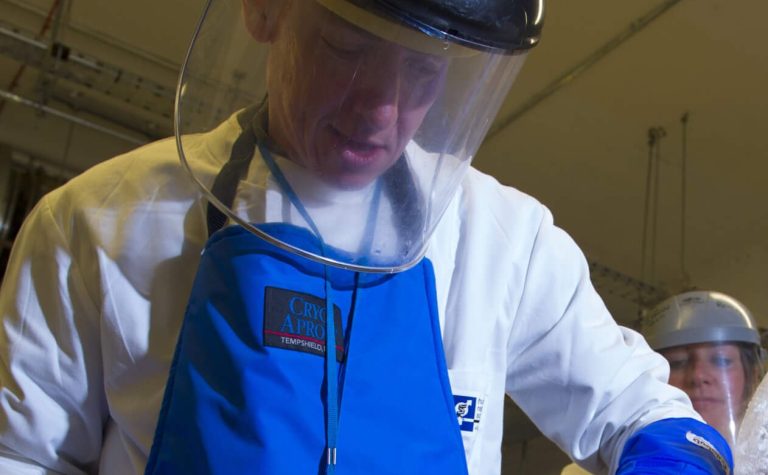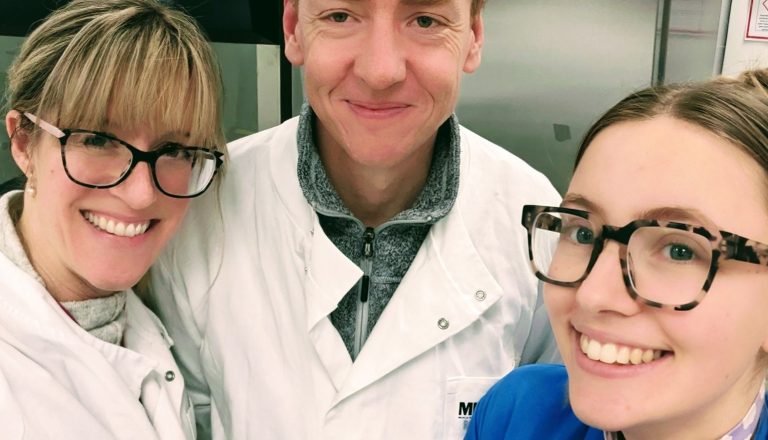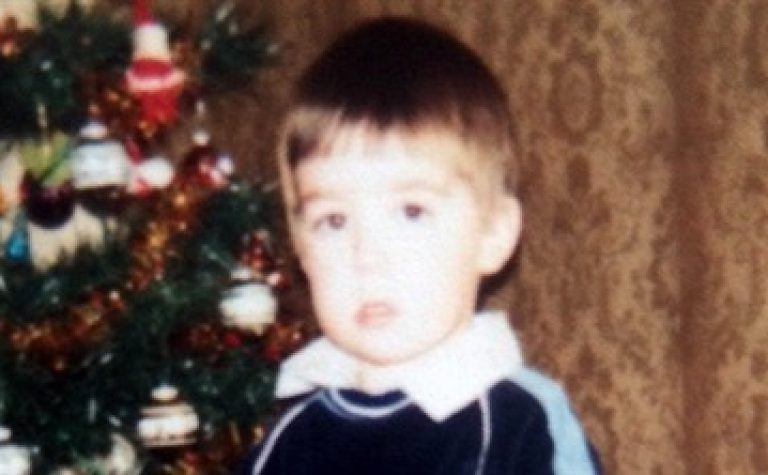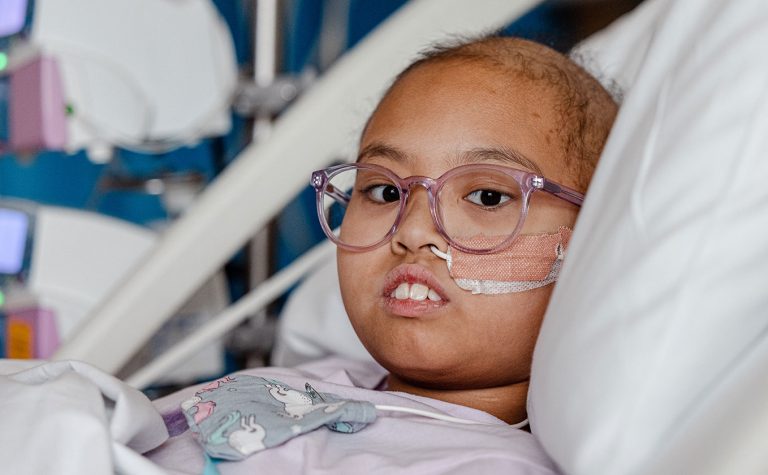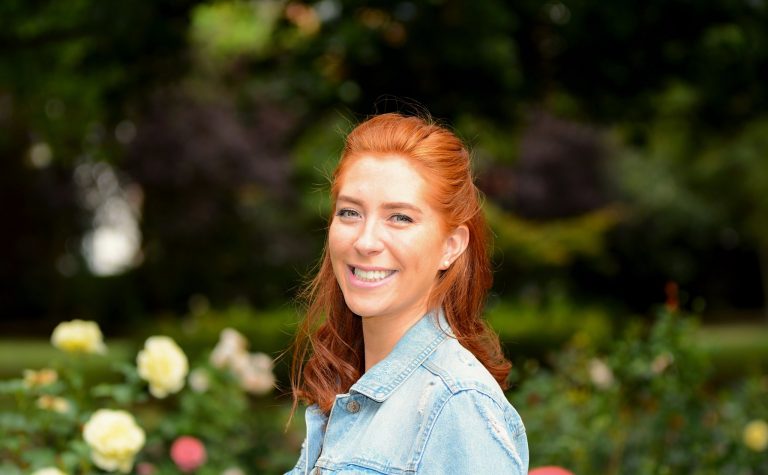Project Details
Project Title
Transplantation of Cryopreserved Testicular Tissue to restore fertility after childhood cancer
Lead Researcher
Professor Rod Mitchell
Research Centre
University of Edinburgh
City & Institution Postcode
Edinburgh, EH16 4TJ
Start Date
1 June 2023
Duration
36 months
Grant Amount
£290,454.69
